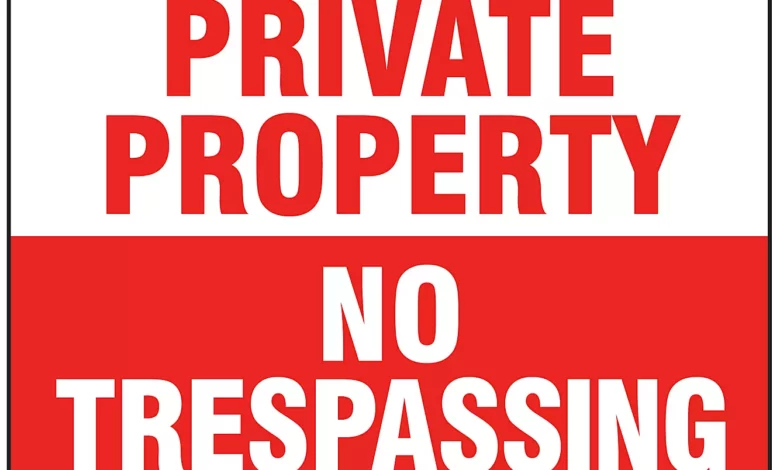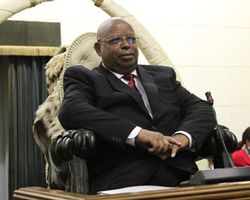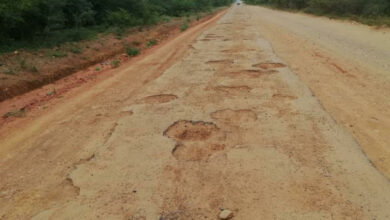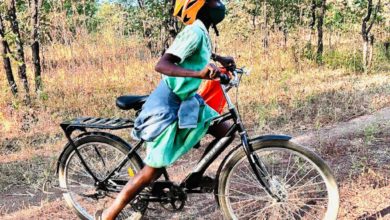Villagers fume after council parcels out grazing land to safari operator

Communal farmers in Mabhongane, Maitengwe, were left fuming after the Bulilima Rural District Council leased land, which they claimed was meant for grazing, to a safari tour company.
Bulilima RDC leased the land to the safari tour operator, who agreed in their contract that a percentage of hunting revenue would be donated to the Community Areas Management Programme for Indigenous Resources (CAMPFIRE) project.
The lease agreement is reportedly for five years and may be renewed if satisfactory improvements are done on the land.
Communal farmers who talked to CITE stated they had always considered the area as part of their ancestral land because their cattle have been grazing there for decades.
Chairperson of the Lagisa Community, Leornard Nkomo, said the game reserve classification precludes humans and livestock from using that land.
“This is now surprising because the CAMPFIRE constitution says elephants, goats and people can coexist now they are separating us, telling us to return to our rural home while the hunter retains control of the entire grazing area. There is no grass or grazing land in our rural dwellings,” he said.
Nkomo said the farmers engaged the safari tour operator but they understand he signed a contract with Bulilima RDC as he pays fees for the land he was allocated.
“If we were to still engage him, the hunter would still need to meet the agreement he made as per the contract with the council. The proper entity to engage is the council,” said the farmer who claimed they met with council officials once.
“We requested the contract to see what exactly was agreed on so that we understand our limitations. Council said it will bring both the contract and CAMPFIRE constitution but seemed reluctant to meet until it eventually called for a meeting at Mabhongane.”
This meeting in August was attended by the District Development Coordinator (DDC), officials from the Veterinary Services Department, the Environment Management Authority, Zimbabwe National Parks and Wildlife Management, and traditional leadership led by Chief Masendu and Chief Madlambuzi.
“It was resolved that the (CAMPFIRE) constitution would be amended and the land would be demarcated into Lagisa One, Lagisa Two and Lagisa Three. But the farmers realised they would have lost all the grazing land,” Nkomo said.
“Farmers begged authorities to leave the area next year because they had already set up kraals for livestock and dismantling those structures would be too much labour.”
On Thursday, Nkomo received distressing calls from farmers who had been asked to vacate the field immediately.
“I’m startled because the request was approved in the presence of chiefs. The farmers now think something isn’t right within council,” he said, expecting that their traditional leaders could resolve the situation on their behalf.
If the traditional leaders fail, Nkomo said the communal farmers would take the legal route.
“I have already started making inquiries to engage lawyers for human rights to make sure we don’t lose access to our grazing land,” he said.
Acting Bulilima RDC chief executive officer, Billiat Mlauzi admitted a new safari operator signed a contract for use of that land.
“The same place accommodates livestock during the lean seasons. According to the constitution signed between Council and the Lagisa people, livestock goes into Mabhongane for grazing on July 1 until November 30, when livestock move out at cropping season. At the same time the safari operator starts his hunts in March of every year until the end of the year,” he explained.
When the new safari operator came, Mlauzi said Bulilima RDC had several meetings with the farmers who send their livestock for seasonal grazing and agreed on how to share the land.
“The meetings have been going very well so far. What was agreed between the parties was that livestock will be given their place to graze and be assisted in terms of water provisions for their livestock. So far, the safari operator has asked for a small portion of the area where he can develop it into a wildlife zone that is free from livestock movement, dogs and human movement so that the area becomes a haven for wildlife so that their utilisation benefits council and communities,” said the official.
Mlauzi claimed at the moment only one elephant is found in the area while the rest of the wildlife was wiped out through poaching.
“So far, the safari operator has drilled five boreholes in the hunting area and solarised them as well as solarising four existing boreholes for livestock watering. Quite a number of farmers are happy with that because their livestock now has water,” he said adding through support from the Kavango Zambezi Transfrontier Conservation project, Maitengwe dam that has been empty since 2013 is now under rehabilitation.
“Both livestock and wildlife will soon get relief when the rains fill up the dam.”
Mlauzi claimed as a planning authority, the council has always consulted communities who “blessed every move taken.”
“There is no one that has the agenda of moving livestock out of the concession area but it is important to share the resources and benefit as a team,” said the acting CEO who dismissed reports that the hunter had put lions in the area.
“That is not true. Mabhongane area is approximately 140 800 hectares and the green zone requested by the safari operator to stock livestock is only about 30 000 hectares. The bulk of the land is left for livestock farmers.”
Mlauzi noted not all farmers from the 13 CAMPFIRE wards sent their livestock to Mabhongane but only a few farmers who were less than 20.
“As Bulilima RDC we have our communities at heart and hunting has been taking place in the area since 1991. It is always wise that movement of people where hunting occurs be minimised so that stray bullets don’t harm them. The RDC is quite aware that livestock is an important asset to the livelihoods of the community hence cannot set stringent conditions on them,” he said.
As a remedy, Headman Manguba suggested a meeting with the Lagisa community, the Bulilima RDC, the DDC’s office, and traditional leaders.
“It is not advisable for the aggrieved to continue crying in the absence of a solution. The bottom-line council is the land authority, and these parties must meet with the Lagisa community to discuss these concerns,” he said.






